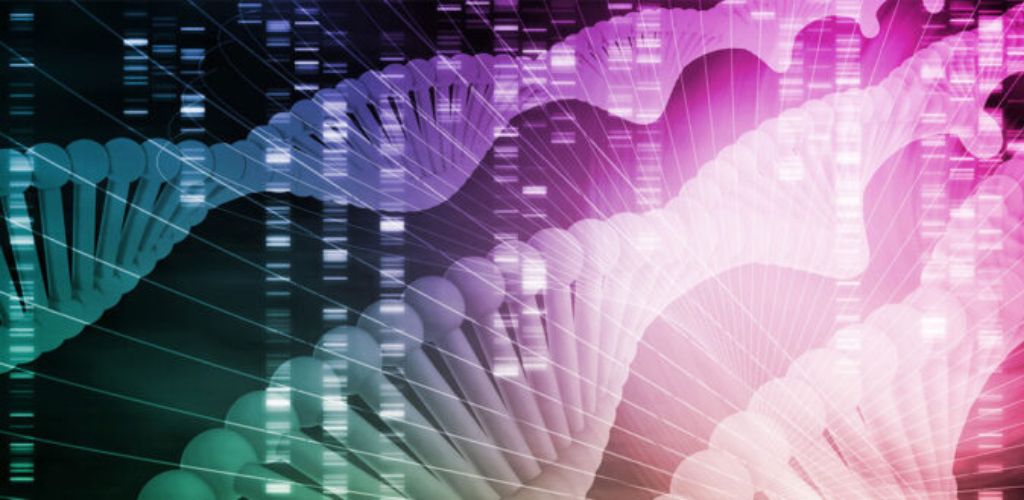The rapid advancement of genomic research has led to a surge in the collection and analysis of genomic data. While this data holds immense potential for improving healthcare outcomes, it also poses significant privacy concerns. As healthcare providers and researchers continue to harness the power of genomic data, it is essential to ensure that this sensitive information is protected from unauthorised access and misuse. In this blog, we will explore the importance of genomic data privacy in healthcare and discuss the measures that can be taken to ensure its protection.
The Importance of Genomic Data Privacy
Genomic data is a unique and sensitive form of personal data that can reveal an individual’s genetic predispositions, medical history, and even their identity. As such, it is crucial to protect this data from unauthorised access and misuse. The consequences of a data breach can be severe, including identity theft, financial loss, and emotional distress. Furthermore, the misuse of genomic data can lead to discrimination, stigmatisation, and even harm to individuals and communities.
The Risks of Genomic Data Breaches
The risks of genomic data breaches are significant and far-reaching. A breach can occur at any point in the data collection, storage, or transmission process, and can result in the unauthorised access, disclosure, or theft of sensitive genomic data. The consequences of a breach can be devastating, including:
- Identity Theft: Genomic data can be used to steal an individual’s identity, leading to financial loss, credit score damage, and emotional distress.
- Discrimination: Genomic data can be used to discriminate against individuals based on their genetic predispositions, medical history, or other sensitive information.
- Stigmatisation: Genomic data can be used to stigmatise individuals or communities, leading to social and emotional harm.
- Harm to Individuals and Communities: Genomic data can be used to cause harm to individuals and communities, including the disclosure of sensitive information, the use of genetic information for malicious purposes, and the perpetuation of harmful stereotypes.
Measures to Ensure Genomic Data Privacy
To ensure the protection of genomic data, several measures can be taken:
- Encryption: Encrypting genomic data ensures that even if unauthorised access is gained, the data remains unreadable without the decryption key.
- Access Control: Implementing access controls ensures that only authorised individuals can access genomic data.
- Consent and Control: Individuals should have control over their genomic data and be able to choose how it is used and shared.
- Regulatory Compliance: Adhering to regulatory requirements such as HIPAA and GDPR ensures that genomic data is handled and protected in accordance with established standards.
- Data Breach Response: Establishing a data breach response plan can help minimise the impact of a data breach by quickly identifying and containing the breach, and notifying affected individuals.
What role do patients play in ensuring their genomic data privacy ?
Patients play a crucial role in ensuring their genomic data privacy. Here are some key points:
- Informed Consent: Patients should be informed about the use and sharing of their genomic data, including the potential risks and benefits. They should provide informed consent before their data is collected, stored, or shared.
- Data Access Control: Patients should have control over who can access their genomic data and how it is used. This includes the ability to restrict access to specific individuals or organisations.
- Data Use Agreements: Patients should be aware of data use agreements and ensure that they are satisfied with the terms and conditions before their data is shared
- Privacy Policies: Patients should be aware of privacy policies and ensure that they align with their expectations and preferences.
- Data Breach Notification: Patients should be notified in the event of a data breach, and they should be provided with information about the breach and the steps being taken to mitigate its impact.
- Data Anonymization: Patients should be aware of data anonymization methods and ensure that their data is properly anonymized before it is shared.
- Data Sharing: Patients should be aware of data sharing practices and ensure that their data is shared in a responsible and secure manner.
- Data Protection: Patients should be aware of data protection measures and ensure that their data is protected from unauthorised access, use, or disclosure.
- Data Retention: Patients should be aware of data retention policies and ensure that their data is retained for only as long as necessary.
- Data Destruction: Patients should be aware of data destruction policies and ensure that their data is properly destroyed when it is no longer needed.
Conclusion
Ensuring the privacy of genomic data is crucial in healthcare. The consequences of a data breach can be severe, and the misuse of genomic data can lead to significant harm to individuals and communities. By implementing measures such as encryption, access control, consent and control, regulatory compliance, and data breach response, healthcare providers and researchers can protect the privacy of genomic data and ensure that it is used responsibly.
Citations:
[1] https://www.ncbi.nlm.nih.gov/pmc/articles/PMC543823/
[2] https://www.lexology.com/library/detail.aspx?g=aec40b9f-f284-484f-a219-da71e6406a29
[3] https://www.genome.gov/about-genomics/policy-issues/Privacy
[4] https://www.sciencedirect.com/science/article/pii/S1525157817305962
[5] https://almaden.io/blog/maintaining-data-privacy-in-genomics




